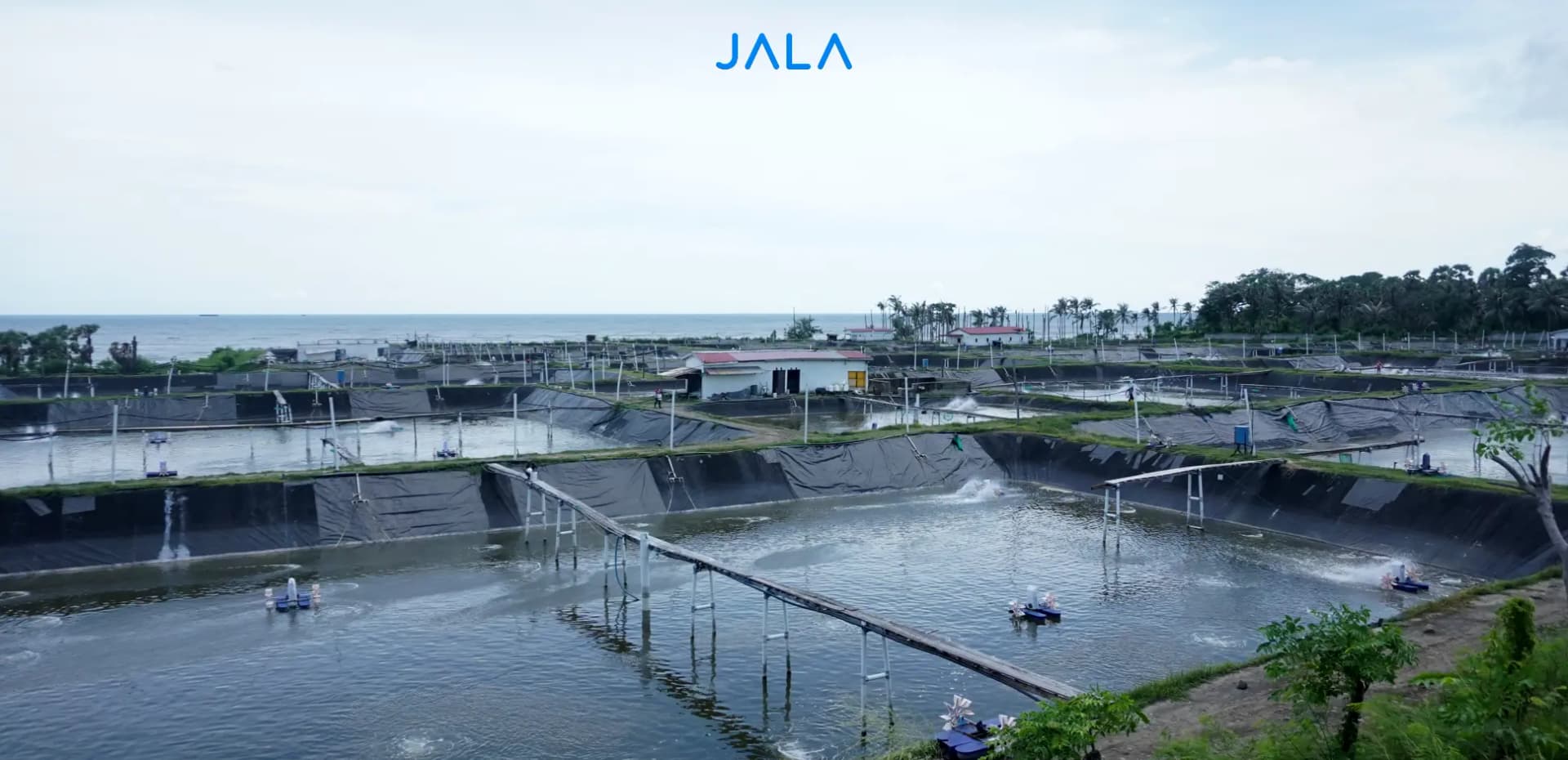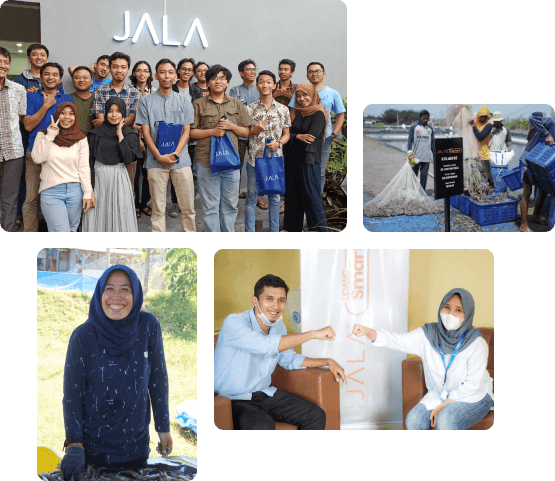
In Indonesia, Environmental Approval is one of licensing documents that shrimp farm business actors need to be aware of. This document is a permit required for every business that has an impact on the environment. By obtaining Environmental Approval, business actors have fulfilled one of the basic requirements for business licensing or government approval.
Information regarding Environmental Approval was provided by Maurinus Roy Anggun Cahyadi, ST., M.Si. from the Ministry of Environment and Forestry’s (KLHK) Directorate of Environmental Impact Prevention for Businesses and Activities. He participated as the second speaker at the 16th SHRIMPS TALK webinar which was hosted by JALA on June 25, 2024.





